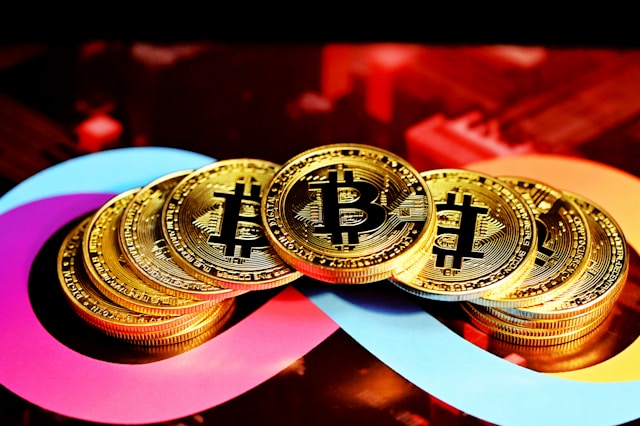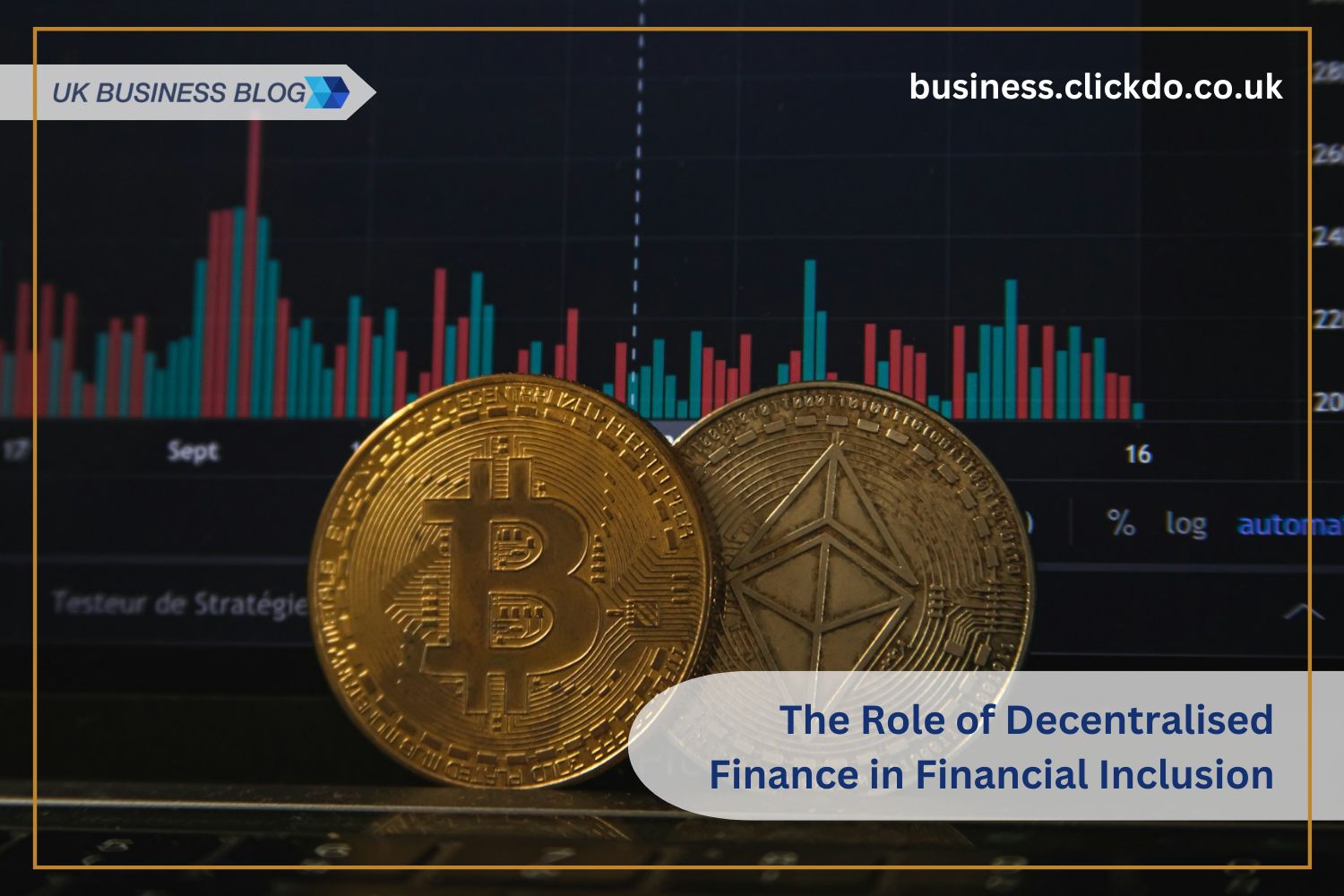Table of Contents
Financial inclusion, the access to and usage of financial services, is crucial for economic development and poverty reduction. However, billions of people around the world remain unbanked or underbanked, lacking access to basic financial services.
Decentralized finance (DeFi) has emerged as a potential solution to this problem, offering a new way to provide financial services to underserved populations. You can visit instant-max.io it has also become a key player in this space, providing innovative solutions to enhance financial access for all.
The Problem of Financial Exclusion
According to the World Bank, around 1.7 billion adults worldwide remain unbanked, with limited or no access to formal financial services. These individuals are often excluded from the benefits of the formal financial system, such as savings, loans, insurance, and payment services. The lack of access to these services can hinder economic growth and development, trapping people in poverty.
What is Decentralized Finance (DeFi)?
DeFi refers to a set of financial services and applications built on blockchain technology that aims to replace traditional financial intermediaries with decentralized protocols. Unlike traditional finance, which relies on centralized institutions such as banks and exchanges, DeFi operates on a decentralized and permissionless network of smart contracts.

How DeFi Promotes Financial Inclusion
- Accessibility: One of the key advantages of DeFi is its accessibility. Anyone with an internet connection can access DeFi services, regardless of their location or background. This opens financial services to populations that may be excluded from traditional banking systems, such as those in remote or underserved areas.
- Lower Costs: DeFi eliminates many of the fees associated with traditional banking, such as account maintenance fees, overdraft fees, and transaction fees. This makes financial services more affordable for individuals with limited financial resources.
- Borderless Nature: DeFi is not bound by geographical borders, allowing users to access financial services from anywhere in the world. This is particularly beneficial for individuals in developing countries who may lack access to traditional banking infrastructure.
Case Studies and Examples
One example of DeFi’s impact on financial inclusion is the rise of stablecoins, which are cryptocurrencies pegged to a stable asset, such as the US dollar. Stablecoins can be used to facilitate low-cost cross-border payments, providing an alternative to expensive remittance services for migrant workers.
Another example is micro-lending platforms built on DeFi protocols, which allow individuals to borrow and lend funds without the need for a traditional bank. These platforms enable individuals with limited or no credit history to access credit, promoting financial inclusion.

Challenges and Risks
While DeFi has the potential to promote financial inclusion, it also faces several challenges and risks. One of the main challenges is regulatory uncertainty, as the regulatory framework for DeFi is still evolving. This can create barriers to entry for DeFi projects and limit their ability to reach underserved populations.
Another challenge is the risk of security breaches and fraud in decentralized platforms. Unlike traditional banking systems, which have robust security measures in place, DeFi platforms are vulnerable to hacks and exploits. This can undermine trust in DeFi and hinder its adoption among underserved populations.
Future Outlook
Despite these challenges, the outlook for DeFi in promoting financial inclusion is promising. As the technology matures and regulatory frameworks become clearer, DeFi has the potential to reach billions of unbanked and underbanked individuals around the world. By providing low-cost, accessible, and borderless financial services, DeFi can help empower individuals and communities, driving economic growth and development.
Conclusion
In conclusion, decentralized finance has the potential to play a significant role in promoting financial inclusion. By providing accessible, affordable, and borderless financial services, DeFi can help bridge the gap between the unbanked and the formal financial system. However, to fully realize its potential, DeFi must address regulatory challenges and security risks, while also continuing to innovate and expand its range of services. With the right approach, DeFi can help create a more inclusive and equitable financial system for all.
Author Profile
- Blogger and Educator by Passion | Senior Online Media & PR Strategist at ClickDo Ltd. | Contributor to many Education, Business & Lifestyle Blogs in the United Kingdom & Germany | Summer Course Student at the London School of Journalism and Course Instructor at the SeekaHost University.
Latest entries
 FinanceMay 28, 2025Government Unveils Major Crackdown on Tax Avoidance – Up to £6.5 Billion Could Be Reclaimed by 2029
FinanceMay 28, 2025Government Unveils Major Crackdown on Tax Avoidance – Up to £6.5 Billion Could Be Reclaimed by 2029 FinanceApril 28, 2025Rising Tax Pressures Push Directors to Rethink Income Strategies for the New Tax Year
FinanceApril 28, 2025Rising Tax Pressures Push Directors to Rethink Income Strategies for the New Tax Year BusinessApril 7, 2025The Future of Leadership Development in the Remote Work Era
BusinessApril 7, 2025The Future of Leadership Development in the Remote Work Era Business StrategiesFebruary 13, 20254 Ways to Improve Your Brand’s Online Reputation
Business StrategiesFebruary 13, 20254 Ways to Improve Your Brand’s Online Reputation





